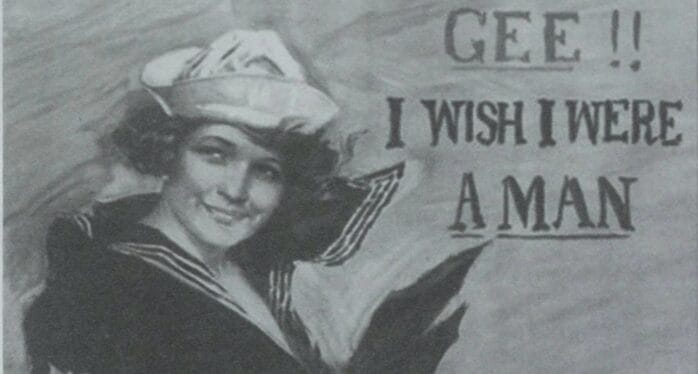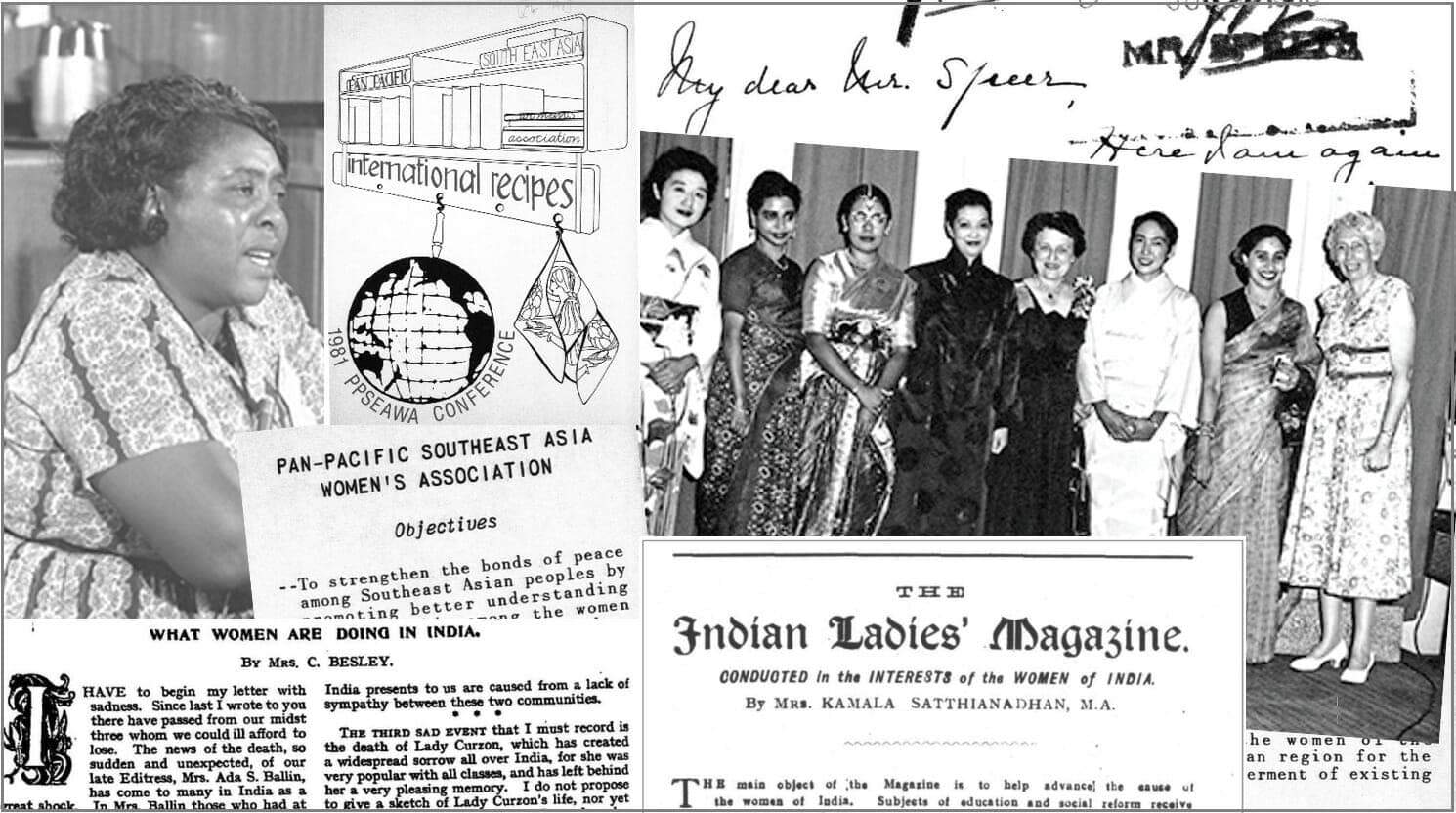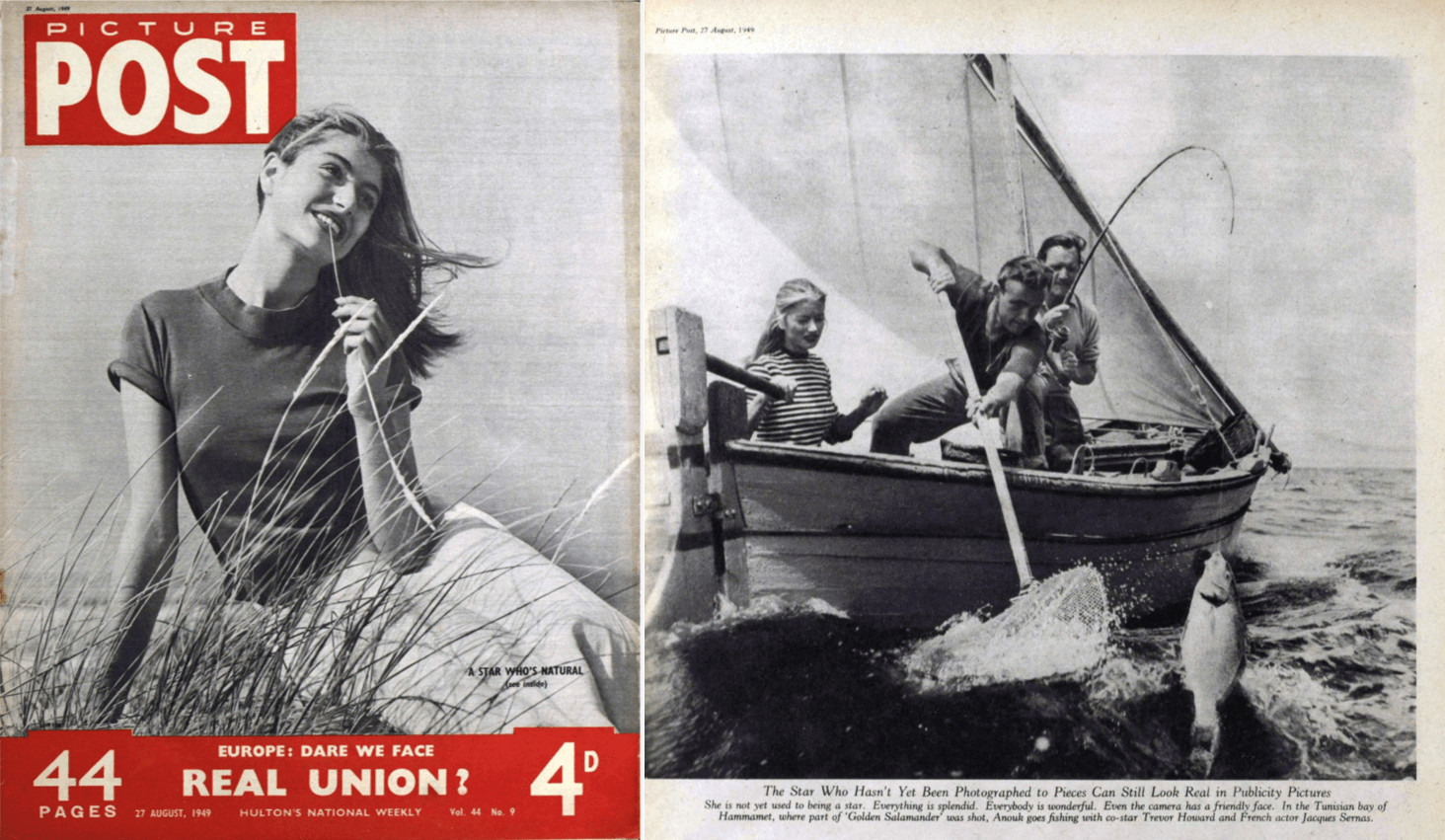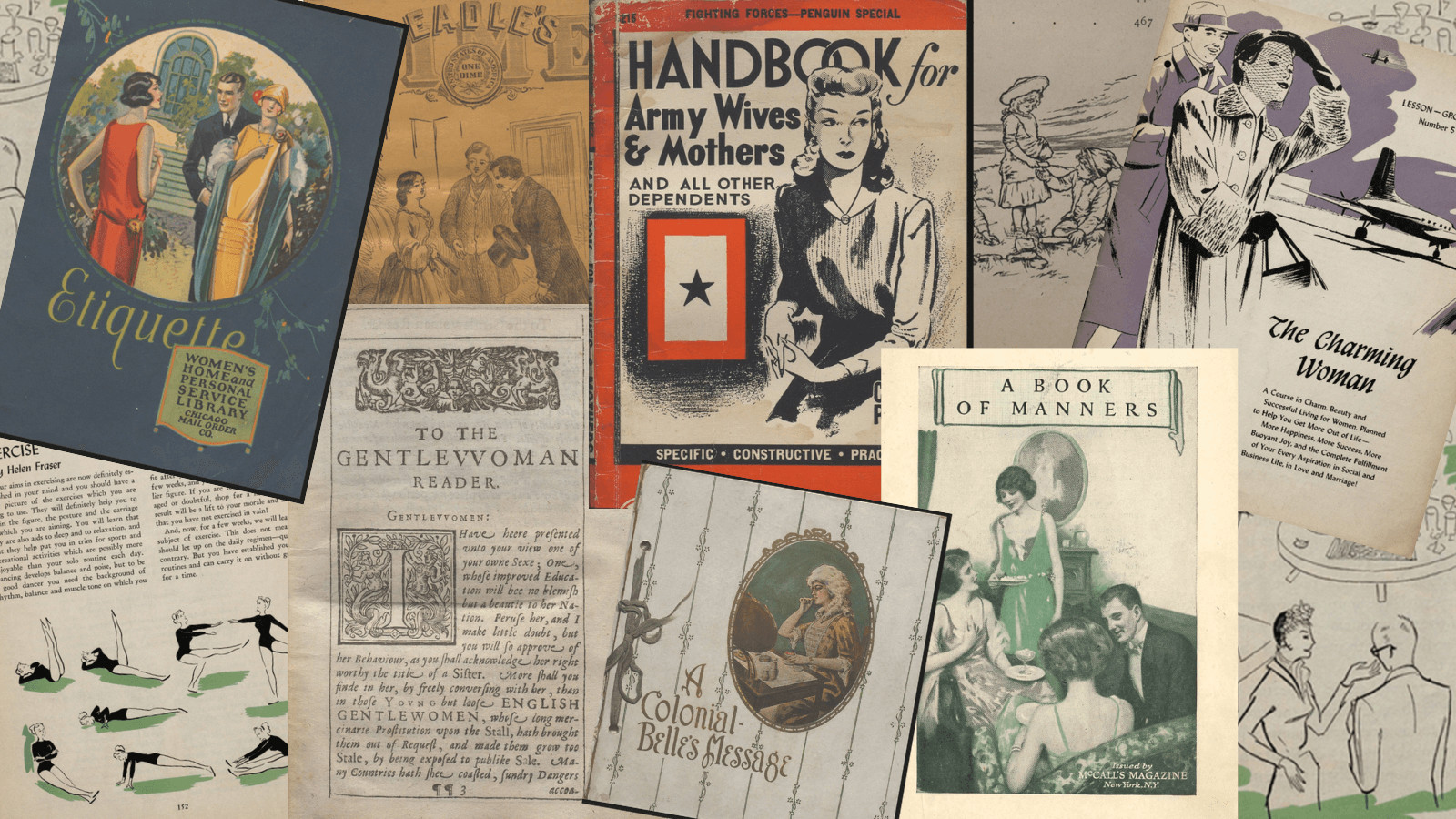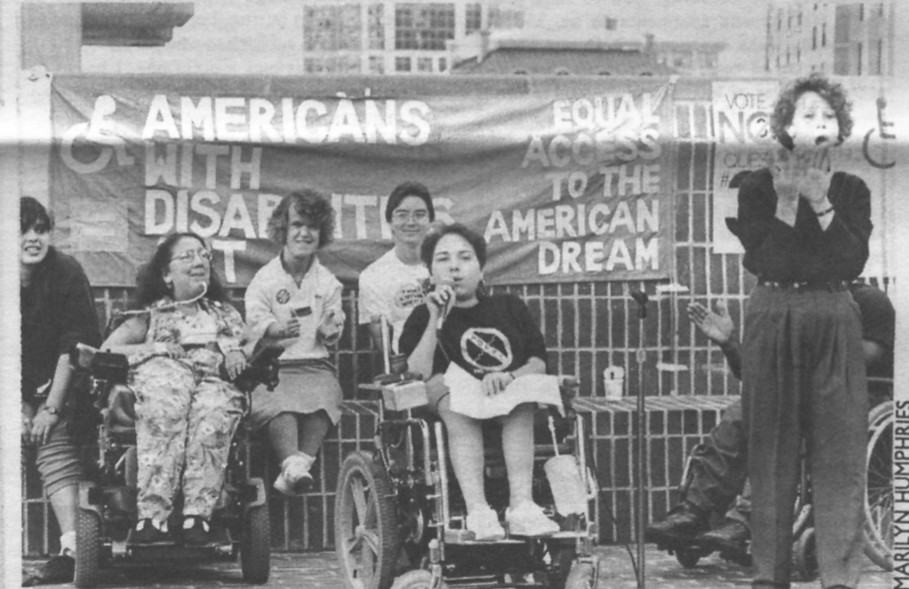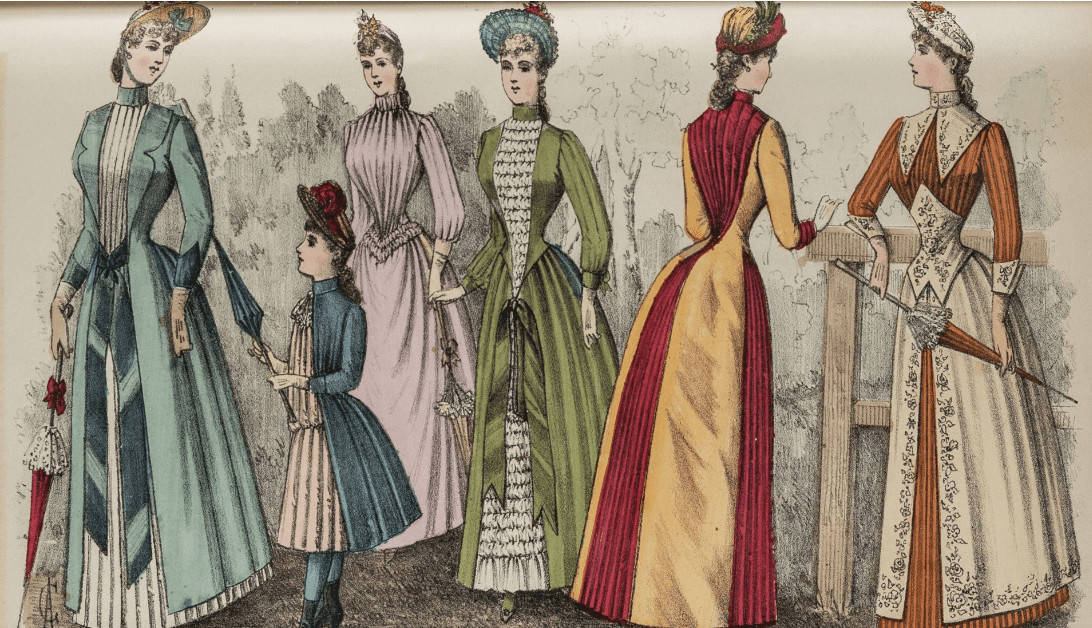│By Madeleine Pedley, Gale Ambassador at Liverpool John Moores University│
Unpacking Queer Theory
Within this blog, I will be using Gale Primary Sources’ Archives of Sexuality and Gender to find case studies and investigate Queer Theory. The importance of using Gale Primary Sources within explorations into methodology is that they enable students to build upon initial research and produce supported interpretations through their extensive archives. This blog aims to investigate the Queer Theory methodology and provide examples of application through selected sources. Furthermore, it highlights the importance of such examples and how History of Art and Museum Studies students can use Gale Primary Sources.
The Queer Theory methodology is used to explore works of art or text from a new perspective, with the outcome providing a different narrative to interpret the piece and redefine it within an LGBTQ+ setting.1 It is not there to make an artwork suddenly homosexual but to allow for alternative and contemporary discussions to take place.

